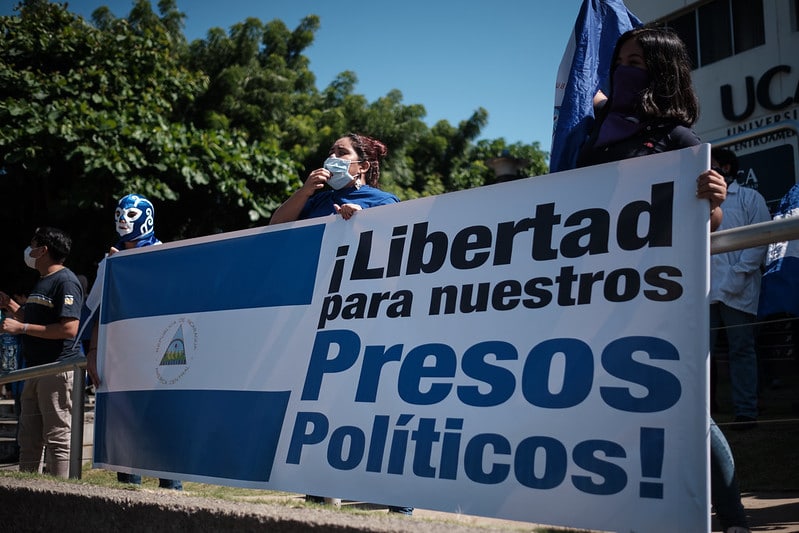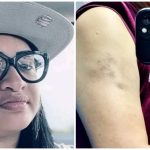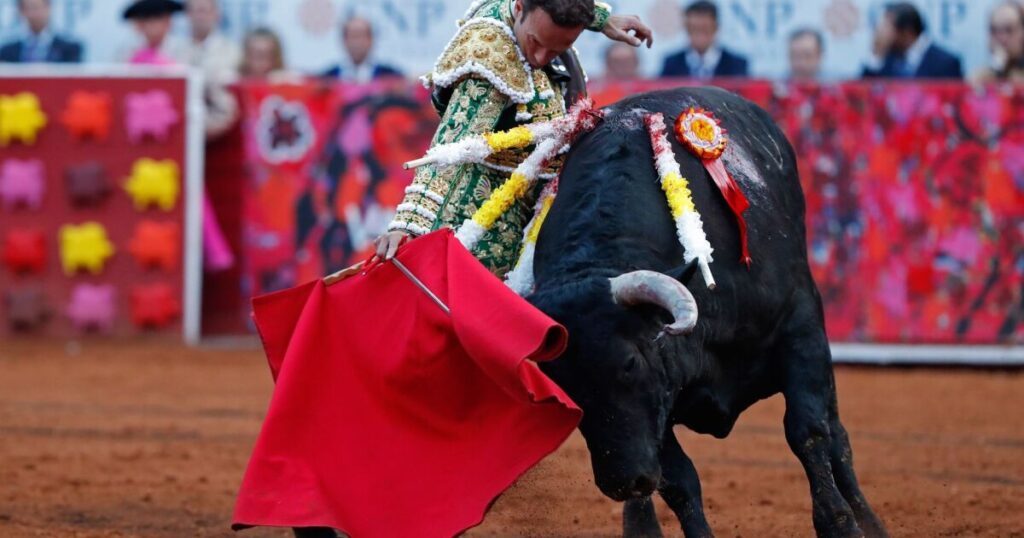A total of 30 political prisoners in Nicaragua are more exposed to “mistreatment or torture,” denounced the Mechanism for the Recognition of Political Prisoners, an observatory whose data is endorsed by the Inter-American Commission on Human Rights (IACHR).
These citizens “are in different or discriminatory prison conditions, under which they are usually subjected to a greater number of incidents of ill-treatment or torture,” the Mechanism indicated in its latest report.
Among the prisoners of conscience that different human rights organizations have denounced as being in maximum security or isolation prisons is the leader of the opposition Blue and White National Unit, Tamara Dávila, as well as people who participated in anti-government protests, such as Kevin Solís, Gustavo Beteta, Junior Marenco and Carlos Bonilla.
The ill-treatment cited in the report was based on inmates’ complaints about “increased number of beatings, incommunicado with their families for long periods, or unjustified suspension of visits, threats of total isolation in cramped cells, limited food supply, insufficient outings to the sunny patio, Bible retreat, or lights on all day.”
Everyone is abused
Although these actions are denounced by the 170 political prisoners, they are more frequent among the group of 30 who are under “discriminatory imprisonment”, of which 16 are under maximum security, nine in punishment cells, and five in solitary confinement, according to the Mechanism.
In the case of the relatives of this group, the observatory also suffer “persecution”, verbal abuse, discrimination in receiving products for prisoners, among others.
Among the political prisoners are seven who had announced their intentions to compete for the Presidency of Nicaragua, two former vice ministers, two historical former dissident Sandinista guerrillas, a business leader, a banker, a former first lady, five opposition leaders, a journalist, and two student leaders. .
The total number of political prisoners in Nicaragua exceeds 170, according to the Mechanism, since there are inmates whose relatives request not to be included on the list.
Of the 170 imprisoned opponents, 160 were captured after the anti-government outburst in April 2018, including the seven who aspired to compete with President Daniel Ortega in the November 7 elections, in which the president won his fifth term. five years, fourth in a row and second with his wife, Rosario Murillo, as vice president.
They denounced beating
Relatives of political prisoners and the Nicaraguan Center for Human Rights (Cenidh) denounced the beating and psychological torture suffered in “La Modelo” by prisoners of conscience, Steven Mendoza, Bryan Kesler Alemán and Kevin Solís.
Elizabeth González, Mendoza’s wife, says that she learned from other inmates that he was beaten by prison guards on January 13, after a family visit. She also says that he himself told her that day about the constant harassment that he suffers from the staff of “La Modelo”.
“They were beaten in their private parts, in the arms, legs, back, they even kicked them in the face, all with the brutality with which political prisoners are treated,” he denounces.
Hansi Alemán, the sister of Bryan Kesler Alemán, says that every day two jailers with the surnames Téllez and Tablada “come into his cell every day to tell him things that harm him psychologically.”
The Cenidh warned that the life of political prisoner and university student Kevin Solís is at “risk” due to the physical and psychological torture he suffers in “La Modelo.”
With information from EFE

















